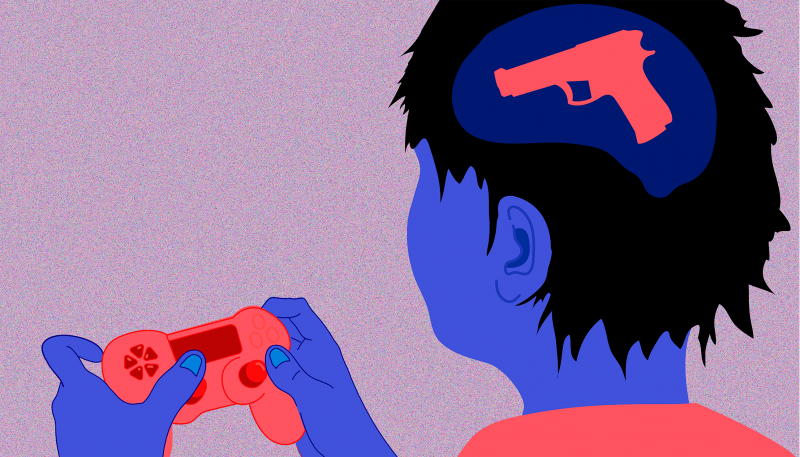Australia had Port Arthur. Since the swift response by Canberra to restrict gun use, there has been one mass shooting in 2019.
New Zealand witnessed a gunman kill 50 people at two mosques in Christchurch. According to NBC news, lead Prime Minister Jacinda Ardern to announce plans to ban nearly all military-style semi-automatic and assault rifles on the Thursday six days after the unfortunate event.
The United States has had Dayton, El Paso, Parkland, Las Vegas, Columbine, and more. The United States’ response? The Independent reports that Walmart has removed video game advertising.
For years, the American public has grappled with the reality of mass violence. It came in many forms; in schools like my high school, Columbine, to the more recent hate crime in Texas and the random attack in Ohio.
Since Columbine High School just over 20 years ago, the general tendency was to blame video games. The link is not completely insignificant, but not a sole factor either.
“But the story isn’t that Republicans are blaming video games,” according to Vox.com. “It’s that they’re blaming anything other than lax gun laws and the huge number of firearms in this country.”
Kean University assistant professor Allison Paolini wrote an article on Counseling.org pointing out the role of mental health in gun violence. Every human being is at risk of mental health problems, and yet, according to Paolini, America is the only recipient of routine mass violence.
Politicians in my home country will cry every species of wolf before addressing the real problem: easily accessible guns.
“Following a series of mass shootings in the US in recent years,” according to the BBC, “there has been little in the way of sweeping gun-control reforms.”
This disturbing trend has to stop. The blame has been thrown every way, and yet nothing has changed. Attributing these actions to virtual reality’s effect on human beings enables people in power to properly handle the situation.
The recent societal outrage towards video games has happened before, to no avail. The link between video games and violence has been proven by Oxford and the National Center for Health Research to be nominal — both found that games contribute insignificantly towards aggression but not towards violent and criminal acts.
The American Psychological Association found opposing results, finding a link to “increased aggressive behavior, thoughts, and affect; increased physiological arousal; and decreased prosocial (helping) behavior.” However, most other studies verified the former statement, not the latter.
It’s one thing to place blame, but there are powers at play that avoid even banning games as a potential solution. Not that legislation against video-games will do anything except potentially infringe on first amendment rights of game makers.
Large capacity magazine ban, assault weapons ban, bump stocks ban, or even universal background checks; all solutions the New York Times stated has been debated and shelved by lawmakers. Any of these are viable options to slow down these attacks; yet none have passed.
Until we see some remote semblance of action to save lives, be it in better rating systems for entertainment, improvement in mental health screenings, or the gun control that my country has clamored for, the counter will continue to roll up. There is no one solution, but inaction is certainly not the answer.
Graphic by @sundaeghost
